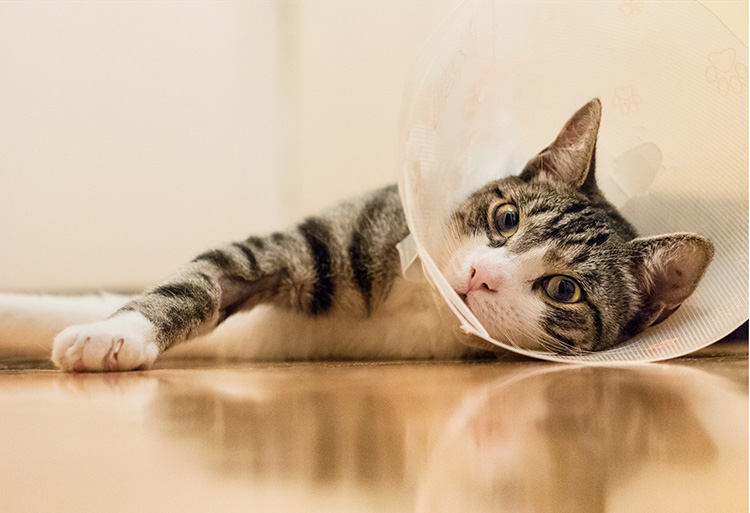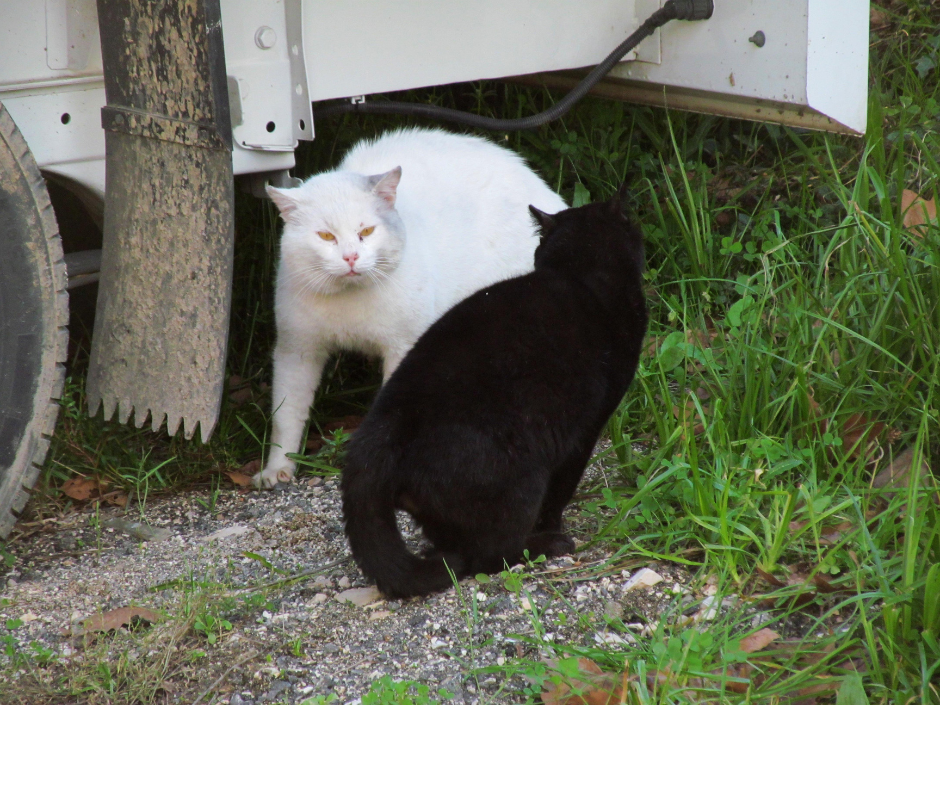Alfred
Alfred’s second life: from fragile to fearless
Cats, Rescue, Rehabilitate, Rehome

What it means for his health, behaviour and the wider community
Neutering your male cat (also called castration or ‘the snip’) is a simple operation with life-changing benefits. For starters, it eliminates the risk of testicular cancer completely and reduces the risk of prostate enlargement and other hormone-driven tumours.
According to the RSPCA and Cats Protection, neutered cats are also far less likely to roam in search of a mate. That means fewer car accidents, fewer fight injuries, and less chance of contracting feline immunodeficiency virus (FIV) which is spread through deep bites and can leave them susceptible to illness or disease.
Testosterone drives behaviours like spraying, roaming and fighting. Once hormone levels drop post-neutering, most toms become more relaxed and less likely to spray strong-smelling urine indoors.
They’re also less vocal and less driven to escape outdoors to search for a mate. You’ll still have your same affectionate, playful pet – but now with fewer hormonal distractions and a more content temperament.

Neutering doesn’t just protect your cat – it helps the whole feline community. One unneutered male can father dozens of kittens every year. That means more unplanned litters, many of which end up in rescue centres like us, or are born outdoors and left vulnerable to disease and hunger.
By neutering your cat, you help to reduce the number of unwanted kittens and allow shelters to focus on caring for cats already in need. Fewer roaming males also means fewer territorial fights, which lowers the spread of infectious diseases like FIV in your local area – protecting cats you may never even meet.
Booking ‘the snip’ is one of the kindest and quickest decisions you can make for your male cat – and for the cat population as a whole.
Together, we can keep much-loved toms safe, healthy and happily at home – while giving fewer kittens the tough start of life on the streets.
» Read more about neutering male and female cats on our pet care blog